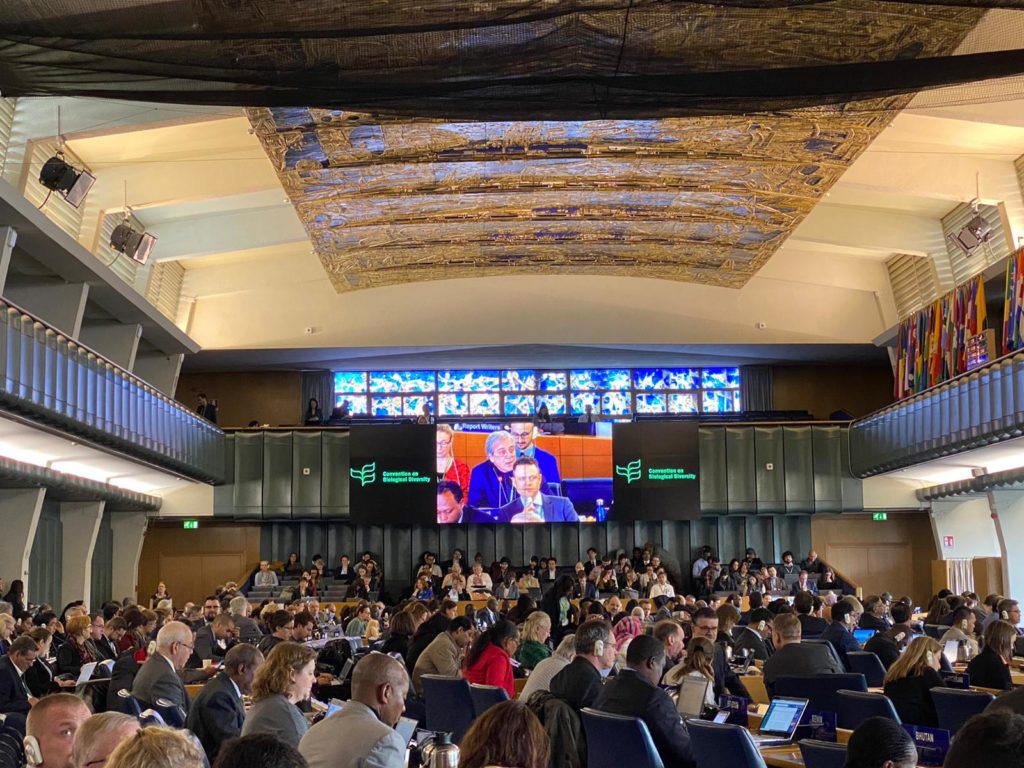The second meeting of the Open-ended Working Group on the Post-2020 Global Biodiversity Framework (OEWG-2) came to a close at the end of February 2020 (Rome, Italy), where all levels of government and stakeholders demonstrated strong engagement around the discussions on the zero draft of the new global framework for biodiversity.
To contribute to the discussions, the Advisory Committee on Subnational Governments and Biodiversity (AC SNG) led by Mr Jean Lemire and partner organizations such as the European Committee of the Regions, the Group of Leading Subnational Governments towards the Aichi Biodiversity Targets (GoLS) and ICLEI, welcomed the zero draft’s consideration to subnational governments and shared recommendations on a more inclusive and implementation-oriented framework. The consideration of subnational governments’ role as essential in the biodiversity mainstreaming practice was one of the key messages shared at the plenary session, as well as the link between the 20 global targets included in the zero draft, national commitments and subnational and local implementation.

Mr Lemire embraced, in his message, the “whole of governments and society approach” and invited the Parties to the Convention to allow subnational and local governments to play a major role as enablers of the implementation of the new framework. The AC SNG Co-Coordinator, Mr Lemire, invited the Parties to adopt a renewed and stepped-up Decision at the upcoming COP-15 to safeguard the legacy of the milestone Decision X/22 adopted by COP10 in Nagoya (2010) and ensure that local and subnational governments have the means and the support to do their part and contribute to halting biodiversity loss.
As said by Mr Lemire “if we want to raise the ambition for this next global biodiversity framework, we have to attain this “whole of governments and society approach”, to allow all stakeholders to recognize themselves as enablers of its implementation. Subnational governments and cities can play a major role in raising this awareness and inclusiveness of civil society and other stakeholders, including the private and financial sector.”
The AC SNG leaders will continue to pursue their goals by providing the CBD Parties with information that can be useful to the ongoing negotiations, for instance, the report “Mainstreaming biodiversity: the subnational government experience”, presented at the end of 2019 in the context of the 23rd meeting of the Subsidiary Body on Scientific, Technical and Technological Advice (SBSTTA), can be of great relevance to the third meeting of the Subsidiary Body on Implementation (date has been postponed and is yet to be determined) as it will discuss, under agenda item 11, the very important issue of biodiversity mainstreaming.
For more information on the post-2020 process and upcoming meetings please visit: https://www.cbd.int/conferences/post2020



